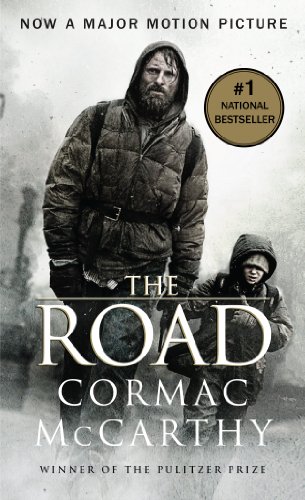Crime
as Fiction Wendy’s Workshop Notes
WHY ARE WRITERS - NOT JUST ‘CRIME WRITERS’ - ATTRACTED TO CRIME?
Crime is committed by people on the
edge – a great field for writing.
It involves a reversal of a basic
survival instinct
It
involves extreme situations, extreme acts, extreme solutions – stepping outside
the norms and values of society.
Not just the simple breaking of
written laws, there are moral laws, cultural taboos
What
is Crime?
Something against the law? Crime is not an absolute. It is relative to the society and the time in which one finds
oneself. (Significant for historical crime fiction)
What about moral laws?
Lies-dishonesty-transgressions?
List your own crimes ….
List the times you might have done a
criminal act if you had gone a little
further.
( I used a true story of boys destroying a
cobbler’s workshop in my novel A Woman Scorned. Boy's play 'going a bit further' is the basis of my novel Cruelty Games )
Is
murder not about ‘the other’ but ourselves??
Do we have that instinct to stray,
which we mostly resist? What would happen if we didn’t?
Universality of temptation
Very high percentage of murders inside
families – by a ‘person known’ to the victim.
Consider ‘Stalking’ people harassing,
even harming their victim by imagining they are ‘known’ to them. Eg Madonna’s
stalker.
Is this why people like to read crime?
– very popular -
Peeping at the monster within from a place of
safety?
The fearful thrill of the strong
(murderous) fairy tales?
Is the Silence of The Lambs a murderous fairy tale?
By contemplating it through story
- and surviving - we are
relieved, even exhilarated. We are
more alive.
This involves temptation, which is always psychologically interesting.
Is
it like a vicarious experience of war?
But easier? Less ambiguous. Clear-cut goodies and
baddies?
Commun use of warrior language– ‘War in Crime’ ‘Front-Line’ ‘No-Go areas’ etc?
Politicians insisting on calling terrorists criminals…
*************************
WORKSHOP
- Possibilities for you:
You are a witness
to a crime.
LIST
what you see, hear, smell, taste – crucial to the
feeling of threat…
You commit the crime
LIST
what you see, hear, smell, taste – frucial to the feeling of fear, of power …
WRITE 20-30 lines of a story which contains this
crime. Does not have to be the beginning of the novel. Let yourself go!
REMEMBER-
THIS DOES NOT HAVE TO BE A CONVENTIONAL CRIME NOVEL
©
Wendy Robertson 2012




